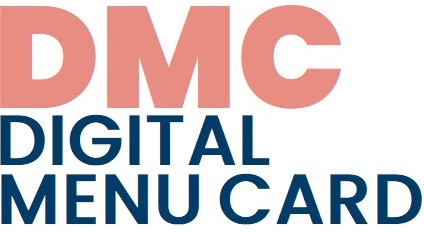- Prijava ali Registracija za objavo komentarjev
In the introduction to the lesson, the teacher writes the key word "water" on the board and asks the students to think about the importance of water. She divides the class into groups of four and distributes worksheets for the "Brainwriting" activity. Each student has to write three activities on the worksheet that require water, e.g. drinking, cooking, showering, brushing teeth, washing, cleaning, etc. Once they have finished, they swap sheets with one of their classmates and write another three activities on the new sheet. This continues until all four sheets have been written by all 4 students in the group. Each group chooses a representative to read out a summary of their work. The teacher also records the most relevant examples on the board.
The students stay in their previously assigned groups of four and, using the smart board, watch a youtube video on the importance of water, which was edited with the help of H5P and includes quiz questions on the key facts presented. One member of the group also follows the video on their smartphone and the group members answer the questions together, checking how much attention they have paid to the details given.
The next activity is a listening comprehension activity based on the lesson "Water, water everywhere" from the textbook Going for Gold Upper Intermediate. The students listen carefully to the audio for the lesson twice and then the teacher opens the pre-prepared Quizizz quiz using the smart board. The groups solve the quiz using one smartphone each and then, in the control phase, one student per group also marks the correct answers on the smartboard and discusses them together.
As a final task, the groups are asked to come up with three or four ideas (People should... / People shouldn't...) on what we should and shouldn't do to avoid wasting water unnecessarily.
In the final part of the lesson, students will evaluate each other's ideas in a "Peer Review" and discuss and decide which group has come up with the most useful ideas and how linguistically correct they are. Each group scores the work of the other groups between 1 and 10 points.
